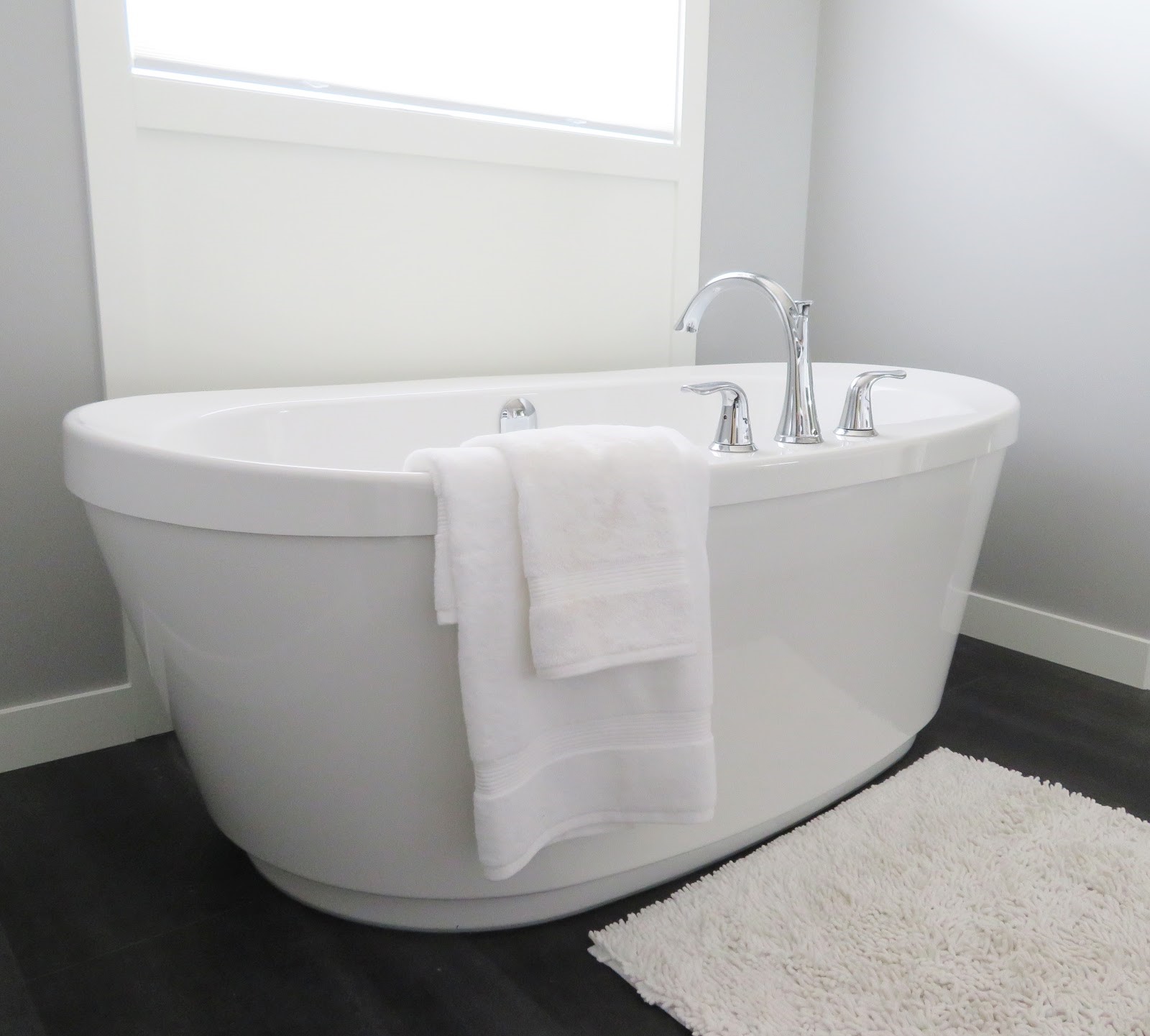Sometimes more stuff is just more stress. Whether you’re on your first house or your fourth, downsizing can be a good idea at any age. In fact, statistics show that approximately 60 percent of people who live in a large home (over 2,000 square feet) would choose a smaller home for their next purchase. One of the first tests to see if you’re ready to downsize involves taking a simple look around your current residence. Which rooms do you rarely go into? Which can you not live without? Practicality aside, there are other benefits to your bank account as well as your mental health.
Reasons to Downsize
- You’re Buried In Debt: Whether it’s student loans, previous job loss, medical bills, or poor spending habits, debt is one of the best reasons to downsize. Recent data shows that 73 percent of Americans die with debt—a shocking average of $61,554 which includes mortgage debt. By selling your home and downsizing, you’ll substantially reduce your mortgage (or, if you’re lucky, be able to pay for your new home in full), while lowering utilities and maintenance bills in the process.
- You Don’t Have Any Savings: You’ve probably heard that it’s important to pay yourself first, but if you’re overextending yourself, that can be an impossible task. Studies indicate that more than half of Americans just break even or live beyond their means. The money you’ll save by downsizing can be tucked away into a Roth IRA, 401(k) plan.
- You Can’t Keep Up With Home Repairs: If you go by the one percent rule, that’s how much should be set aside each year— based on the value of your home—for repairs. So, a $300,000 home should budget $3,000 for repairs. If you’re finding that amount hard to save on top of taxes and other applicable costs, downsizing to a space that requires less work can eliminate a lot of stress while ensuring you’ll always have a home that’s aesthetically pleasing and in working order.
Changes That May Be Needed at a Smaller Home
Even if you find the perfect home, keep in mind that you may have to make some adjustments to make your smaller living space more suitable to your lifestyle.
- Accessibility Changes for Seniors
Whether or not you downsize, if you’re a senior, it’s likely that you’ll need to make some modifications in order to make your home more accessible. This can include creating wider doorways and making the sink and countertops lower in the kitchen so appliances are easier to reach. The bathroom is another important area to address, as you may need to replace a bathtub with a walk-in shower or walk-in tub and add safety rails and a bath/shower seat if necessary. At this juncture, you may want to revamp other areas of the space so everything matches.
- Room Changes for Families
You didn’t think you’d have any more kids, and then life happened. There’s no need to pick up and move into a different space, though you may need to be open to turning another room—like an office, for example—into a nursery. Even if the space is small, you can get creative with features such as a drop-down changing table (or a crib with a built-in version), hidden storage, and taking the doors off a closet and placing the crib there (you can frame the closet with curtains so it looks like a stylish and cozy nook). You can even transform a large, walk-in closet into a nursery—yes, really!
If you’re considering downsizing, do yourself a favor and start to declutter your home. Keep only practical and nostalgic items and consider what furnishings won’t fit into your new place. Gradually purging can eliminate a lot of stress during the period when your house is on the market and you’re looking for a new residence.
Photo via Pexels

